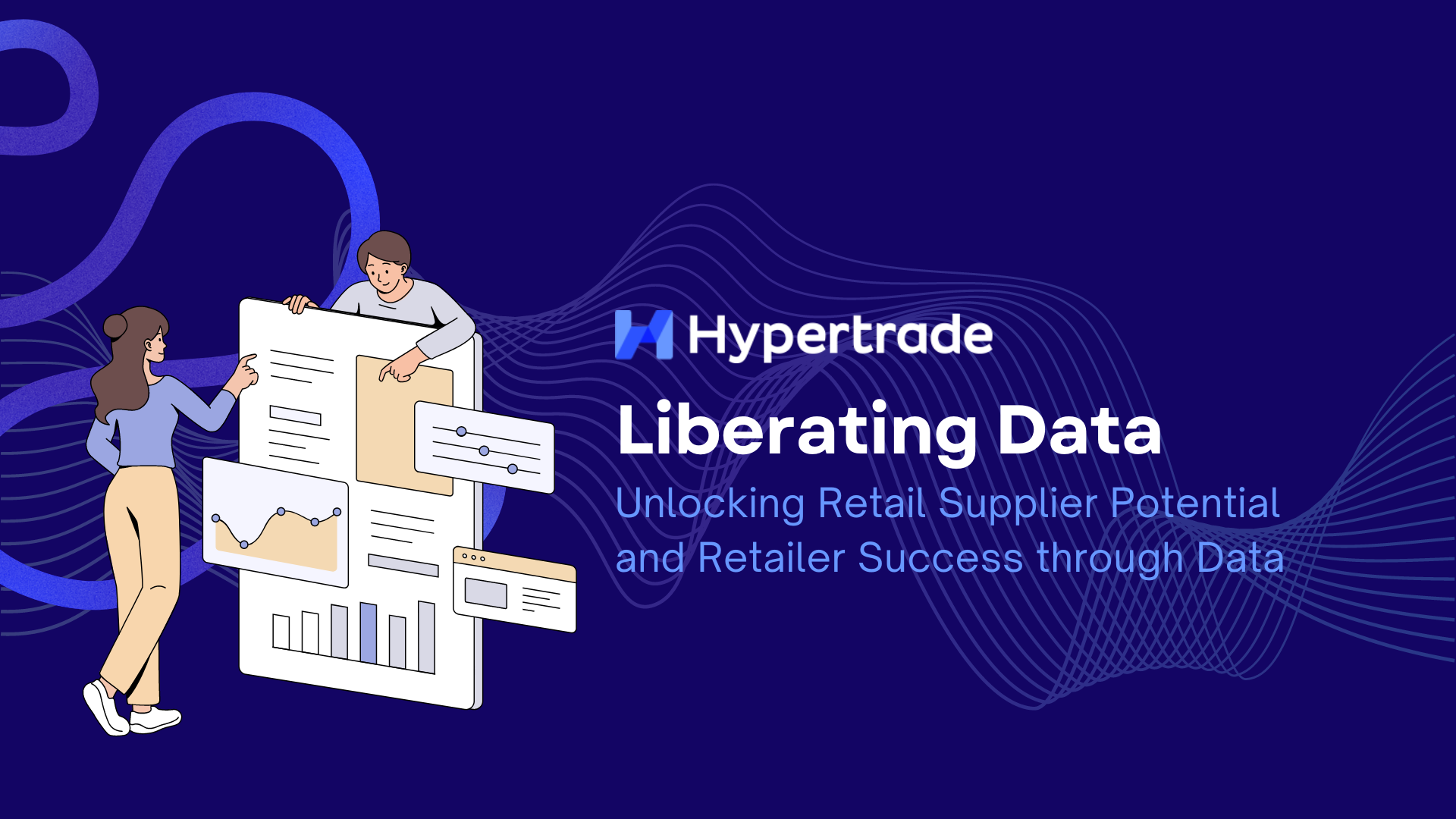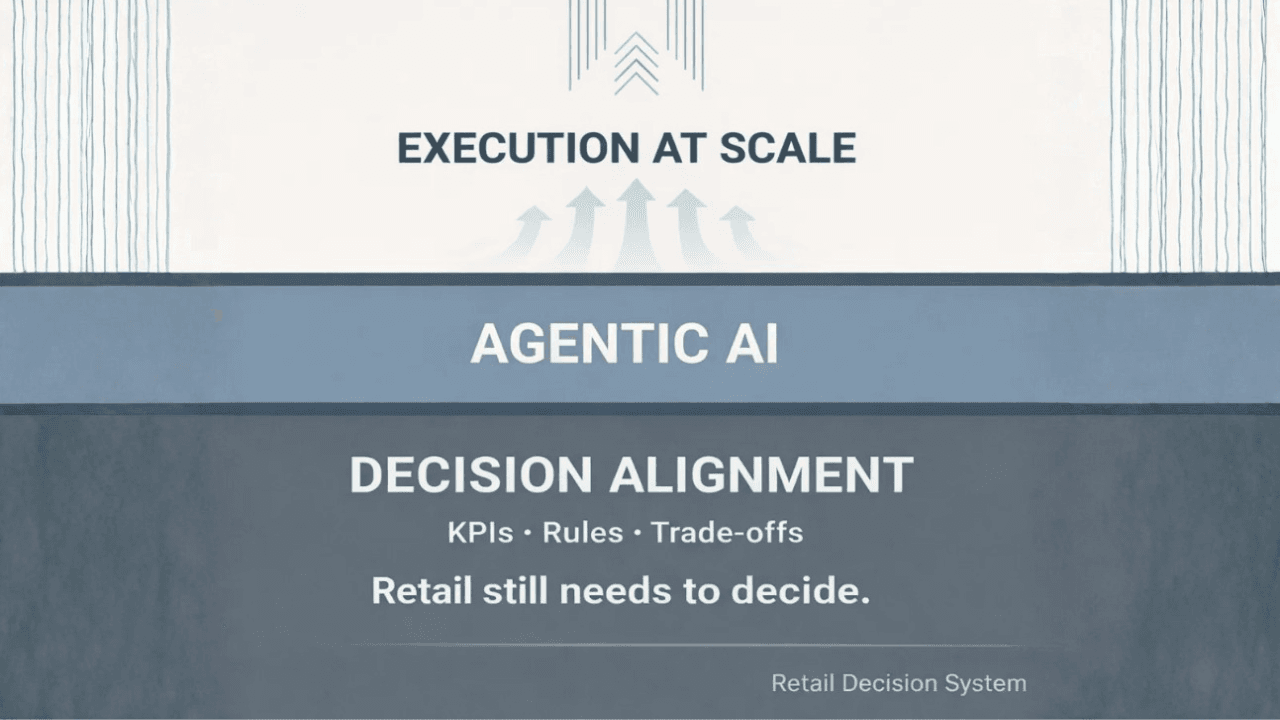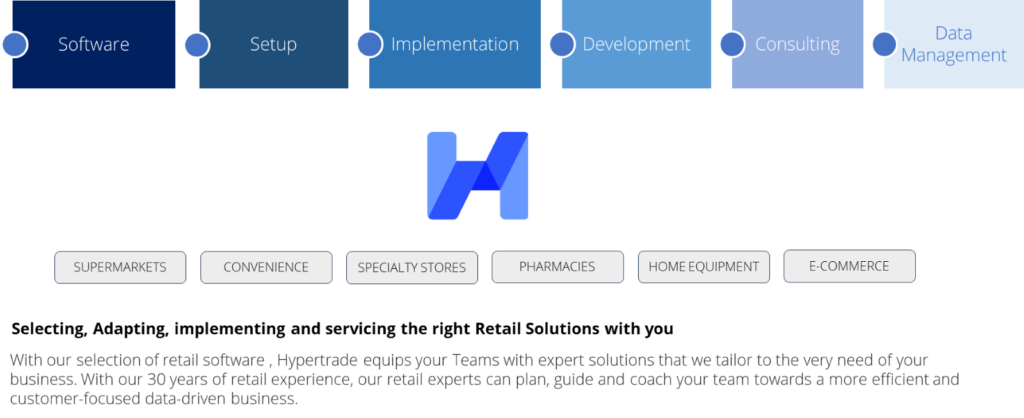Unlocking Retail Supplier Potential and Retailer Success through Data Freedom
In today’s data-driven world, information has become a valuable asset for businesses across various industries. In the retail sector, retailers amass vast amounts of data, including sales figures, customer behavior, and market trends, to optimize operations and drive growth. However, a common practice among retailers is to restrict suppliers from utilizing this shared data on platforms other than their own. This practice of data captivity hampers suppliers’ ability to aggregate data and gain a global vision of the market. In this article, we will delve into the issue of data captivity, explore its detrimental effects on suppliers, and emphasize the need for data freedom to empower both suppliers and retailers for collective success.
Data Captivity: The Retail Supplier’s Challenge
Within the retail ecosystem, many retailers collect substantial volumes of data that encompass sales figures, customer preferences, and market trends. While some retailers are willing to share this data with suppliers, they often impose restrictions that prevent suppliers from utilizing the data beyond the boundaries of their platform. While large international suppliers can develop internal tool to migrate all their retailers ‘data in their own architecture – when data can be accessed as files – this data captivity confines smaller suppliers to a limited perspective, preventing them from aggregating data from multiple sources and gaining a comprehensive understanding of the market.
The Impact of Data Captivity on Suppliers:
Restricted Market Insights: Data captivity restricts suppliers’ access to comprehensive market insights. When confined to using data solely from one retailer’s platform, suppliers miss out on broader market trends, customer preferences across different retail outlets, and regional variations that could inform their decision-making process. Consequently, suppliers struggle to identify growth opportunities, adapt their product offerings, and optimize their market strategies.
Hindered Innovation Potential: Data captivity inhibits innovation by limiting suppliers’ ability to leverage aggregated data. When suppliers are unable to analyze data from multiple retailers, they face challenges in identifying emerging trends, customer demands, and gaps in the market. As a result, their innovation potential remains restricted, stifling creativity and inhibiting the development of new and improved products and services.
Impeded Collaboration: Data captivity hampers collaboration between suppliers and retailers. When suppliers are unable to aggregate data and gain a comprehensive market perspective, their ability to engage in meaningful discussions and collaborate on product development, pricing, and marketing strategies is compromised. Such limitations impede the potential for mutually beneficial partnerships and hinder collective growth.
Data Freedom: Unlocking Potential for Suppliers and Retailers
Comprehensive Market Insights: Data freedom allows suppliers to aggregate data from multiple retailers, facilitating a comprehensive understanding of the market. Armed with a global vision, suppliers can identify emerging trends, consumer preferences, and regional variations, enabling them to make informed decisions and tailor their offerings to meet diverse customer needs.
Accelerated Innovation: The freedom to aggregate and analyze data empowers suppliers to drive innovation. By gaining access to a broader range of data, suppliers can uncover valuable insights, patterns, and correlations that were previously inaccessible. This expanded knowledge fuels innovation, enabling suppliers to develop new products, improve existing ones, and respond swiftly to changing market dynamics.
Strengthened Collaboration: Data freedom cultivates a collaborative ecosystem where suppliers and retailers can engage in meaningful partnerships. By sharing data, retailers foster transparency and trust, enabling suppliers to contribute their insights and expertise. This collaboration leads to joint problem-solving, improved decision-making, and mutually beneficial outcomes for both parties.
Enhanced Customer Experience: Data freedom benefits retailers by enabling suppliers to tailor their offerings based on a comprehensive understanding of customer preferences. By leveraging aggregated data, suppliers can develop personalized and targeted strategies, resulting in a superior customer experience. Retailers, in turn, can benefit from increased customer loyalty, higher sales, and improved brand reputation.
Promoting Data Freedom: 3 Strategies for Change
Establish Clear Data Sharing Policies: Retailers and suppliers should agree from the start that suppliers have the ability to access data in any form, granted that this access, by the supplier itself of the 3rd party assigned to this task, match strict data privacy and security rules.
- Homologation of Neutral Data Aggregation Platforms: To facilitate data freedom, retailers and suppliers should explore the homologation of neutral data aggregation platforms. These platforms would allow suppliers to aggregate data from multiple retailers in a secure and anonymized manner. By creating a centralized hub where data from various sources can be combined, suppliers can gain a comprehensive view of the market without compromising customer privacy. Retailers can support this initiative by actively participating and contributing to these platforms, recognizing the benefits of data freedom for themselves and their suppliers.
- Adoption of Open APIs: Retailers can promote data freedom by adopting open Application Programming Interfaces (APIs) that enable seamless integration and data exchange between their systems and homologated Neutral Platforms. Open APIs facilitate the sharing of data in a standardized format, making it easier for suppliers to access relevant information and aggregate data across multiple platforms. By embracing open APIs, retailers empower suppliers to leverage data from various sources, fostering innovation, and enabling suppliers to deliver tailored solutions that meet customer demands effectively.
- Emphasis on Data Privacy and Security: While promoting data freedom, it is crucial to maintain a strong focus on data privacy and security. Retailers and suppliers must establish robust data governance frameworks that protect both customer information and their own sales data and comply with relevant data protection regulations. This involves implementing appropriate security measures. By prioritizing data privacy and security, retailers build trust with suppliers and customers, fostering a supportive environment for data freedom initiatives.
Hypertrade is a Neutral Data Platform that enables.
- retailers to share their share their sales and shoppers’ data seamlessly with suppliers.
- retail suppliers to aggregate multi-retailers data set to achieve 360 market and shopper insights







